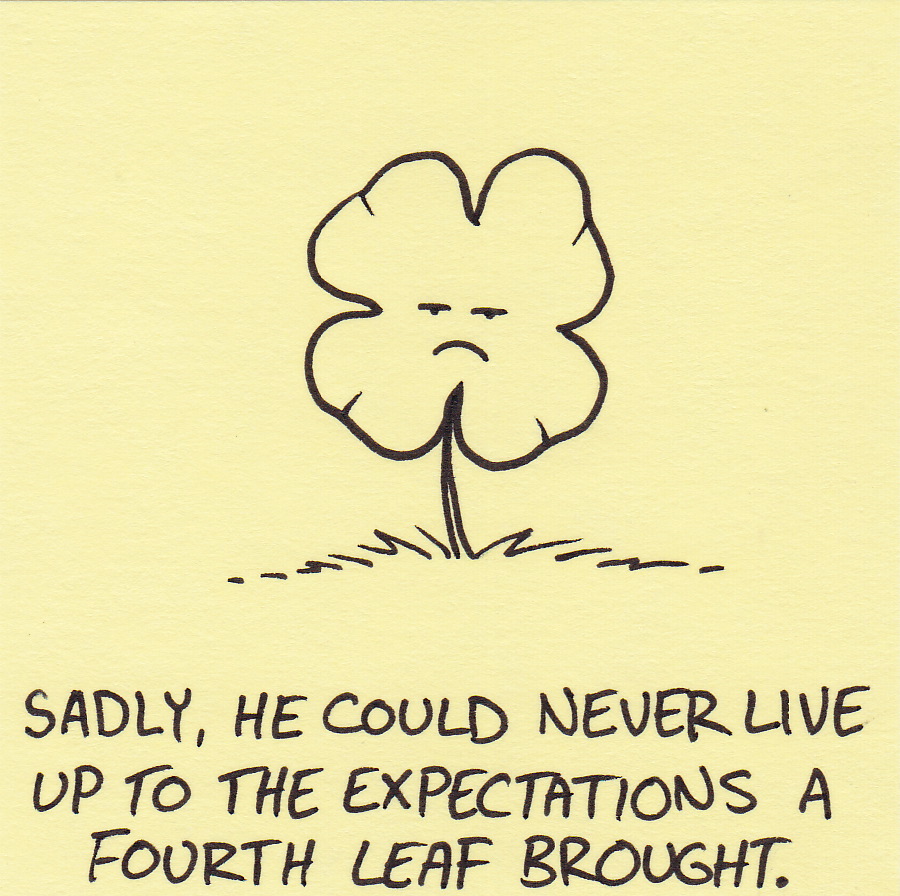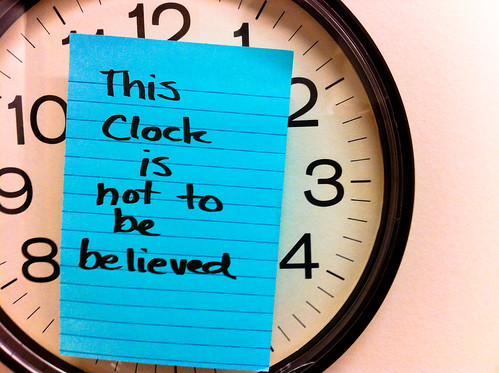10 ways science can make *anyone* sexier:
od looks help, there's no denying. We make up our mind about people in 100 milliseconds and decide whether they're hot in 13 milliseconds. Beautiful people are more successful. We're more likely to forgive attractive people. Cute folks are less likely to be convicted of a crime and more likely to get a shorter sentence. Have people's opinions toward appearance changed over the years? Yes, we value attractiveness more than ever. So what can you do to make sure you're…
2 minutes
Here’s Why You Really Might Be “Only As Young As You Feel”
her book Counterclockwise, Harvard professor Ellen Langer recounts a groundbreaking study she did in 1979 that has since become the stuff of legend. She took a group of male research subjects in their 70's and 80's on a retreat. The environment had been manipulated to make it seem like it was twenty years prior. The residents were all aware of the real year but being immersed in the world of 1959 and being encouraged to act like they were…
5 minutes
What 6 rules should be guiding your career?
niel Pink's The Adventures of Johnny Bunko: The Last Career Guide You'll Ever Need conveys a number of principles about the world of work that everyone should take note of. Why? Though Pink doesn't bog the story down with academic research, all of his core ideas are backed up by plenty of studies, many of which I've posted about in the past. So what does he have to say? Six simply-stated concepts: There is no plan. Think strengths, not weaknesses.…
7 minutes
Cross your fingers and read this post – How to make yourself luckier:
bsp; Like it or not, we're all a little superstitious. Fundamentally, your brain doesn't like or want to believe in randomness. It always believes you have some control, even when you don't. For instance, craps players throw dice less forcefully when they want low numbers, as if that will make a difference. Via The Compass of Pleasure: How Our Brains Make Fatty Foods, Orgasm, Exercise, Marijuana, Generosity, Vodka, Learning, and Gambling Feel So Good: Nonetheless, many studies have shown that…
5 minutes
What brings more happiness: anticipation or surprise?
bsp; What follows is a true story in which your humble narrator is faced with a real life test of his ivory tower research posts and responds by nearly losing bowel control: So you're going to give someone a gift -- is it better to tell them it's coming and let them savor the anticipation or to whallop them out of nowhere with an enormous surprise? It's a good question. A very good question. And I'm not flattering myself…
4 minutes
4 tips for improving your ability to read body language:
bsp; Via The Silent Language of Leaders: How Body Language Can Help--or Hurt--How You Lead: First Tip: Pay Attention Many negotiators miss valuable opportunities to read their counterparts' body language simply because they don't pay attention. They make the mistake of looking down at the papers or contract presented instead of staying alert to nonverbal signals. So the next time your opponent presents a written document for you to read, resist the temptation to look at it. Instead, ask him…
2 minutes
What five mistakes do you make when reading body language?
bsp; Via The Silent Language of Leaders: How Body Language Can Help--or Hurt--How You Lead: 1. They don't consider the context. When it comes to body language, context is king. You can't make sense of someone's nonverbal message unless you understand the circumstances behind it. Context is a complex weave of variables including location, relationships, time of day, and past experience. Depending on the context, the same nonverbal signals can have totally different meanings... 2. They find meaning in a…
2 minutes
How To Get People To Treat You Right: The Science Behind Trust
ow it or not, you often decide whether or not to trust someone based on crazy reasons. How attractive someone is, whether they're the same gender as you are, whether someone blushes, and the state of your ever-changing mood all affect whether you trust somebody. In some situations you trust people more just because they have a beard: ...male politicians might want to consider not shaving because the “presence of a beard on the face of candidates could boost their…
4 minutes








